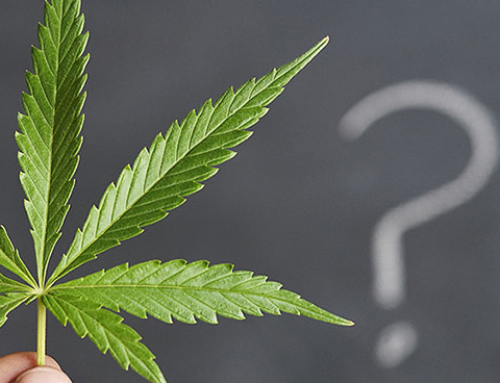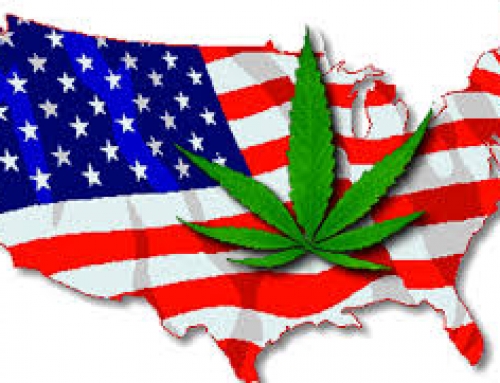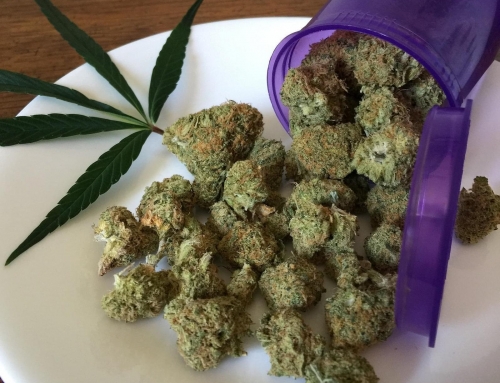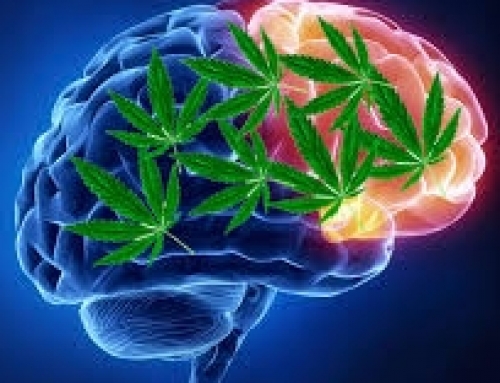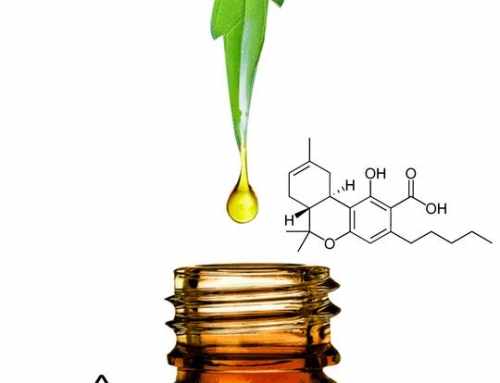Significant gastrointestinal (GI) discomfort or disease afflicts 74% of Americans. These GI problems trigger over 51 million annual visits to primary care physicians or GI specialists nationwide and account for nearly half a trillion dollars in health care costs each year.
Recent findings suggest that prescription medications and over-the-counter drugs designed to alleviate acute GI distress have caused more serious symptoms, incubated disease and created addiction problems.
The risks may outweigh the benefits.
The FDA approved Nexium in 2001 for the relief of heartburn and other symptoms associated with gastro-esophageal reflux disease (GERD) and for healing erosive esophagitis, a potentially serious condition associated with GERD even though potential side effects from Nexium included headache, diarrhea and abdominal pain. In 2008, U.S. consumers and their insurance companies spent $4.8 billion dollars on Nexium, one of several prescription proton-pump inhibitors (PPIs) to treat heartburn and acid reflux. Nexium was the second highest-selling branded drug in 2008, behind Lipitor. The number of users has climbed since then and currently, there are over 15 million prescriptions filled monthly. Nexium was nicknamed “Purple Crack” after a study conducted at Copenhagen University to understand the widespread difficulty of weaning off PPI’s (Proton Pump Inhibiters). They studied the effects of PPI’s on 120 healthy volunteers with no history of acid reflux or any gastrointestinal disorders or use of a PPI. As the study concluded, 44 % of the participants who had taken the PPI experienced a “clinically relevant acid-related” symptom compared to only 15% of the placebo group.
After PPI use was discontinued, nearly 50% of the healthy volunteers experienced acid reflux, heartburn or dyspepsia for the first time. The researchers found that when the study group stopped taking the acid-suppressant, their bodies over-produced hormones that stimulated stomach acids. The study’s authors called it a “rebound acid hyper-secretion” and speculated that PPI dependency could be the reason behind increasing usage of PPI’s.
Aside from the probability of promoting dependency by impacting hormonal balance, this once seemingly harmless “purple pill” along with other PPI’s in the marketplace have been implicated in causing cancer, intestinal infections, bone wasting and fractures, kidney disease, heart attacks and even dementia.
As compared to Nexium and other OTC gastric remedies, research in the treatment of GI disorders suggest that CBD is a very safe and effective treatment option. CBD targets CB1 receptors in the endocannabinoid system.
These receptors:
- Regulate food intake.
- Eliminate nausea and vomiting.
- Balance stomach secretions.
- Offer stomach protection.
- Regulate GI motility / movement.
- Reduce stomach and intestinal sensation and pain.
- Facilitate ion transport and maintaining proper fluid and electrolyte balance.
- Control the inflammation process that results from certain GI illnesses.
- Ensure the proper number of cells of the GI tract.
The choice seems obvious! If you have minor stomach issues, use 15-20 milligrams of CBD in a full or broad-spectrum matrix. If you have severe stomach issues, take 30-50 milligrams daily.



